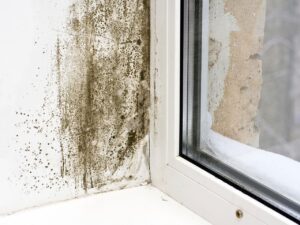 Courtesy of iii.org
Courtesy of iii.org
Creating and updating an inventory of your personal possessions is one of the best ways to make the most of your homeowners or renters insurance, and makes filing a claim easier and more efficient.
A home inventory is simply a list of your personal possessions along with their estimated financial value. You can create a home inventory in a simple, low-tech manner by writing down everything in a notebook and keeping receipts in a folder. Or you can take advantage of technology and use a digital camera or smart phone or app to make your record.
No matter how you choose to do it, the important thing is to take action. An up-to-date home inventory will:
- Help you purchase the right amount and type of insurance. Having an accurate list of all your possessions helps you to have a more productive conversation with your insurance professional when making decisions about homeowners or renters insurance coverage. After all, if you don’t know what you have, how can you insure it adequately?
- Make filing a claim as simple as possible. Most people cannot remember what they had for breakfast much less recall the contents of their attic, kitchen cabinets or downstairs closet after a fire, storm or other catastrophe. Disasters are scary and stressful, which can make trying to list damaged property for a claims form even more challenging. Having your belongings already documented in your home inventory can be a huge relief at times like these.
- Substantiate financial losses for tax purposes or when applying for financial assistance. Following a catastrophe, the only way to determine whether you qualify for a tax break or disaster assistance is to substantiate your financial losses. A well-organized home inventory can be an extremely useful tool in this process.
Next steps: Use these tips to get started on your home inventory.



